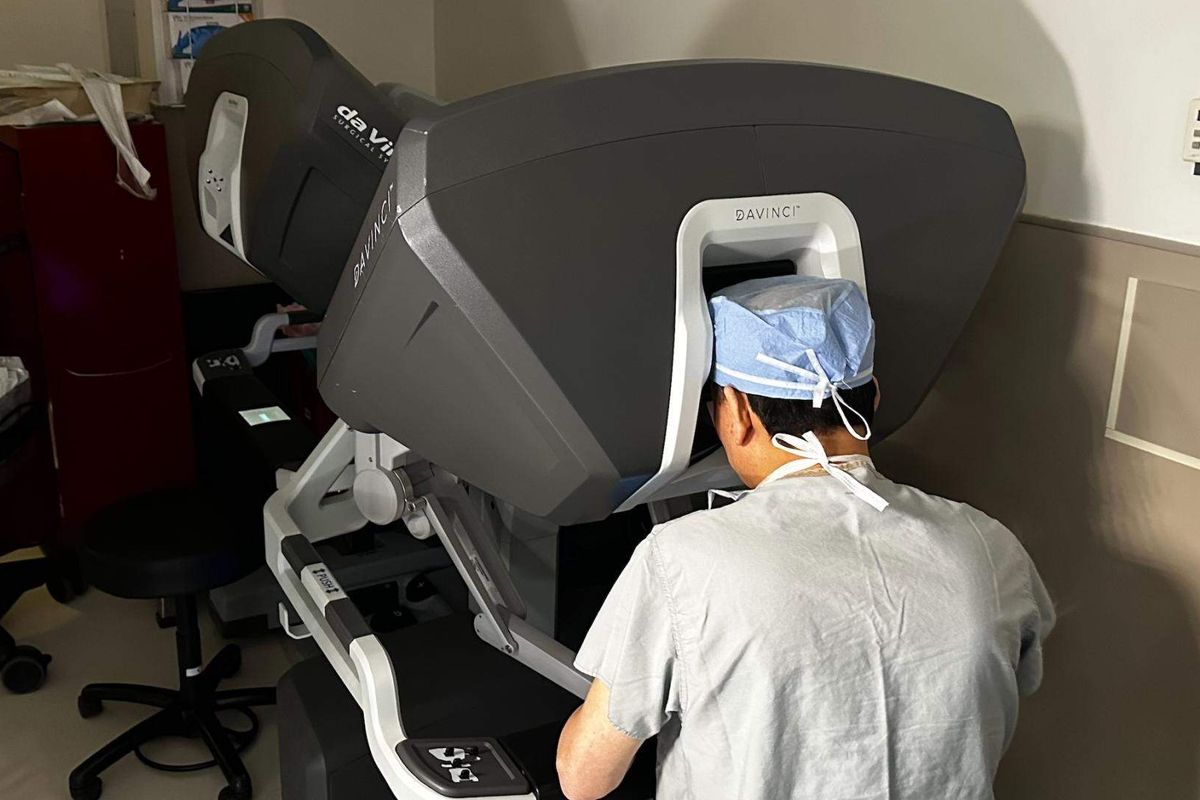2 Houston universities excel on 2026 list of best U.S. colleges
Best in Class
Two top-tier Houston universities have been inducted into a new "hall of fame" list of the best colleges in the U.S. for 2026.
Rice University and the University of Houston were both praised in The Princeton Review's "The Best 391 Colleges: 2026 Edition."
Released August 12, the comprehensive guide annually ranks the best universities across 50 categories based on a survey of 170,000 current college students. Survey questions cover topics such as a school's academics and administration, student quality of life, politics, campus life, city life, extracurricular opportunities, and social environment.
The Princeton Review did not numerically rank the schools overall, but it does report the top 25 schools (out of the total 391) for each of the 50 different categories. The report also clarifies that while schools did not pay to be included in the guide, they could pay for a "featured" designation. Neither Houston university paid to be featured on the list.
Rice University, Houston's most prestigious private institution, appeared in the overall 391 best colleges list, and it also appeared in the regional "Best Southwest" list, the "Best Value Colleges" list, and the "Colleges That Create Futures" list. Rice's overall quality and its academic integrity are what students say are its greatest strengths. Students are additionally encouraged to think creatively — and even unconventionally — about how to approach course assignments.
"There's also an outside-the-box thinking when it comes to assessments, like 'the option to make a 30 minute scientific podcast instead of taking the final,' explains one sophomore," the school's profile says. "This isn't unusual for first-years either; one notes that 'instead of doing a bunch of writing and essays, I was tasked with creating...a TED Talk, which really lit a creative flame in me.'"
Rice students can brag about attending a school with the seventh best college newspaper and the 10th best college dorms and quality of life out of all colleges nationwide. The university's financial aid is also the ninth best in the country.
Here's how Rice fared in other Princeton Review rankings:
- No. 14 – Top 50 Best Value Private Colleges
- No. 14 – Lots of Race/Class Interaction
- No. 17 – Best College Radio Station
- No. 18 – Top 20 Best Value Private Colleges without Financial Aid
- No. 19 – Best Science Lab Facilities
- No. 23 – Best-Run Colleges
- No. 25 – Students Study the Most
Rice has recently earned praise in a separate 2026 ranking of the best universities in the world, and its MBA program scored highly in The Princeton Review's 2025 best business schools list.
University of Houston also appeared in The Princeton Review's "Best Value Colleges," "Best Southwest," "Green Colleges," and "Colleges That Create Futures" lists. Students at this university also benefit from having the No. 1 undergraduate entrepreneurship program in the nation.
"Whether you're in or out-of-state, students consider their school to be 'not very expensive for the quality of education you're getting,' and the constant improvements help 'you feel like your degree is appreciating in value over time along with the school itself," the university's profile says.
Here's how University of Houston performed in other rankings:
- No. 20 – Students Love Their School Teams
- No. 21 – Scotch and Soda, Hold the Scotch (this list measured schools based on "the use of hard liquor" as reported by student surveys)
- No. 22 – Cancel the Keg (this list measured "how widely beer is used" at schools based on student survey results)
- No. 22 – Pot's Not Hot (this list ranked colleges with the "least marijuana usage based on ratings from real students about the popularity of marijuana on campus")
- No. 25 – Most Politically Moderate Students
- No. 42 – Top 50 Best Value Public Colleges
Other Texas universities included in The Princeton Review are:
- University of Texas at Austin
- Southwestern University in Georgetown
- Texas State University in San Marcos
- Trinity University in San Antonio
- Texas A&M University in College Station
- Angelo State University in San Angelo
- Baylor University in Waco
- Texas Christian University in Fort Worth
- Southern Methodist University in Dallas
- The University of Texas at Dallas in Richardson
- University of Dallas in Irving
- Austin College in Sherman
This article originally appeared on CultureMap.com.





